Today, we are paying tribute to him by looking back at some of Roger’s most memorable coverage of Haskell, beginning with his interview with him on August 10th, 1969. Haskell had already made a name for himself as the Oscar-winning cinematographer of “Who’s Afraid of Virginia Woolf?”, before helming his own breakthrough directorial feature, 1969’s “Medium Cool,” a narrative effort that famously filmed scenes during the violence that erupted during the 1968 Democratic National Convention in Chicago, in which a TV reporter (played by Robert Forster) finds himself in over his head. Roger wrote that “Medium Cool” was “the best film ever made in Chicago […] but it is not a ‘Chicago film’ any more than it’s a film about politics, hippies, cops, violence, sex, poverty, black militants or its other subjects. It is a film about the nature of communication, about the shades of meaning that can be superimposed on the face of ‘reality.'”
During their conversation, Haskell argued that, in fact, nothing is “real,” noting, “When you take a camera down to Michigan Avenue and point it at what’s happening, you’re still not showing ‘reality.’ You’re showing that highly seductive area that’s in front of your camera. But there’s another element in the film. It has something to do with the professional, ‘just doing his job.’ The film opens with that shot of the accident on the Outer Drive, and the two TV guys photograph it first and then report it to the police. Their job comes before their involvement. That business of ‘just doing my job’ almost became a joke at the Nuremberg trials. But it’s very much a part of our lives now. There are people with nice suits, air-conditioned offices, grammatical English, who use their education to plan the end of the world, the destruction of people. I mean literally. One of the things we have to deal with, I think, is whether ‘professionalism’ comes before individual social responsibility.”
In Roger’s four-star review of “Medium Cool,” he wrote, “Conventional movie plots telegraph themselves because we know all the basic genres and typical characters. Haskell Wexler’s ‘Medium Cool’ is one of several new movies that knows these things about the movie audience […] Of the group, ‘Medium Cool’ is probably the best. That may be because Wexler, for most of his career, has been a very good cinematographer, and so he’s trained to see a movie in terms of its images, not its dialog and story. […] ‘Medium Cool’ is finally so important, and absorbing because of the way Wexler weaves all these elements together. He has made an almost perfect example of the new movie. Because we are so aware this is a movie, It seems more relevant and real than the smooth fictional surface of, say, ‘Midnight Cowboy.'” “Medium Cool” would later screen at Ebertfest in 2003, followed by a Q&A between Roger and Haskell.
You can view the original article HERE.
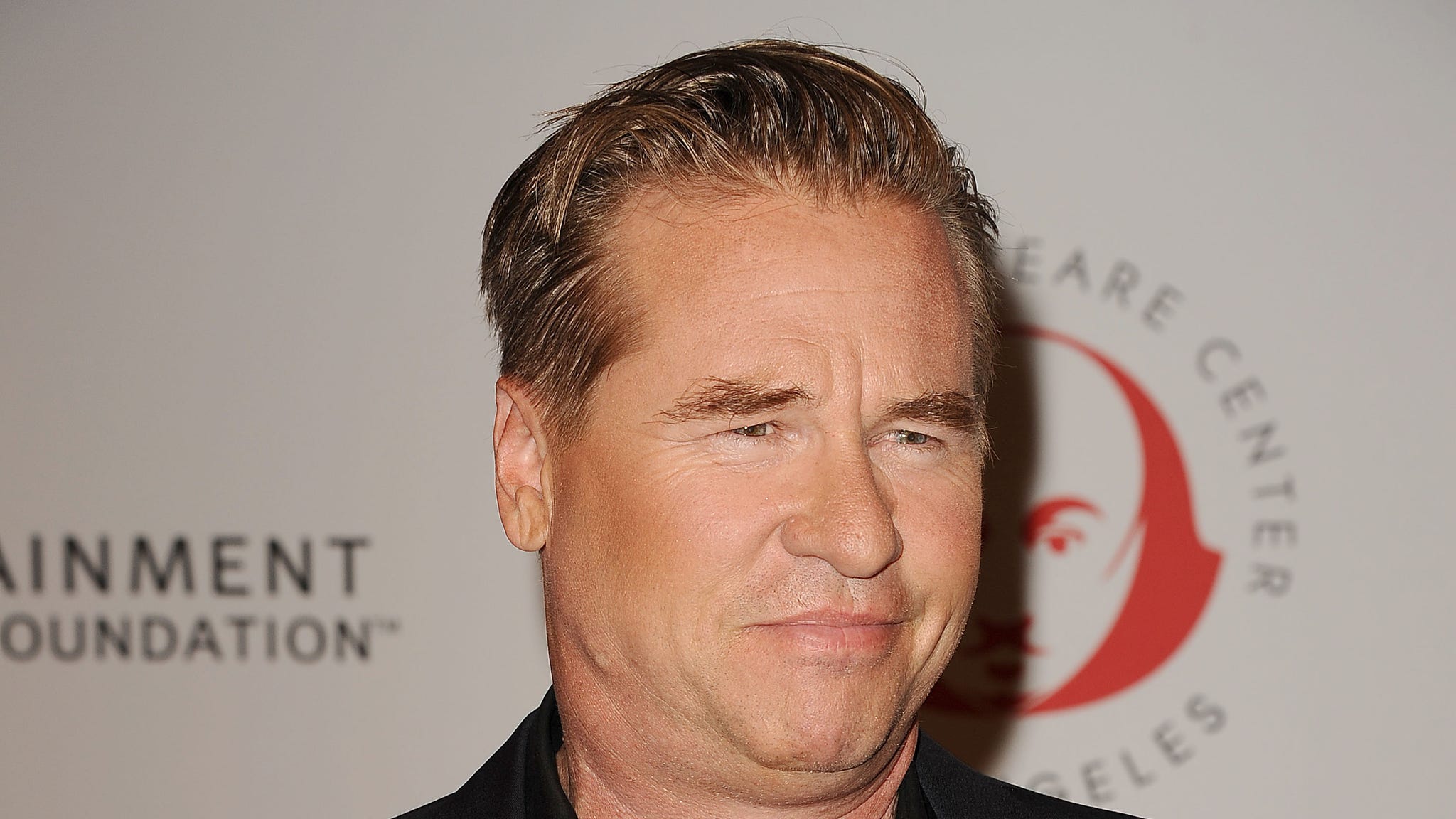
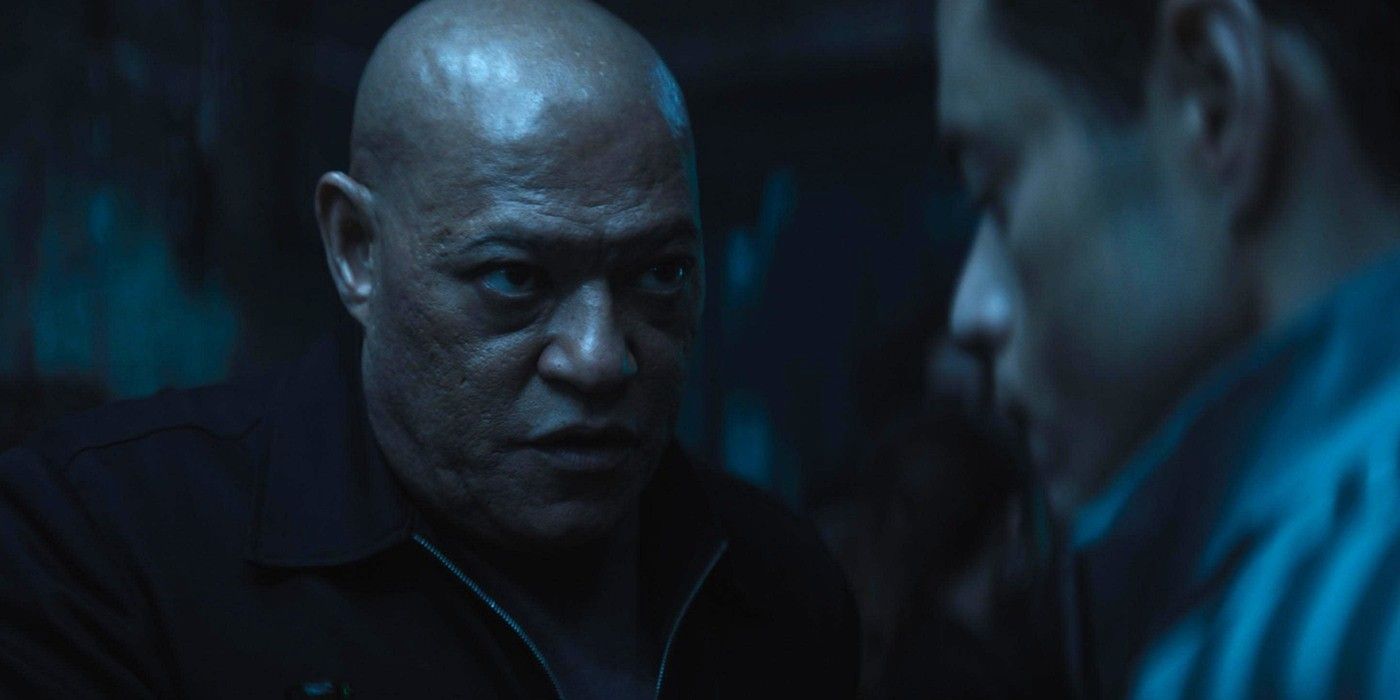




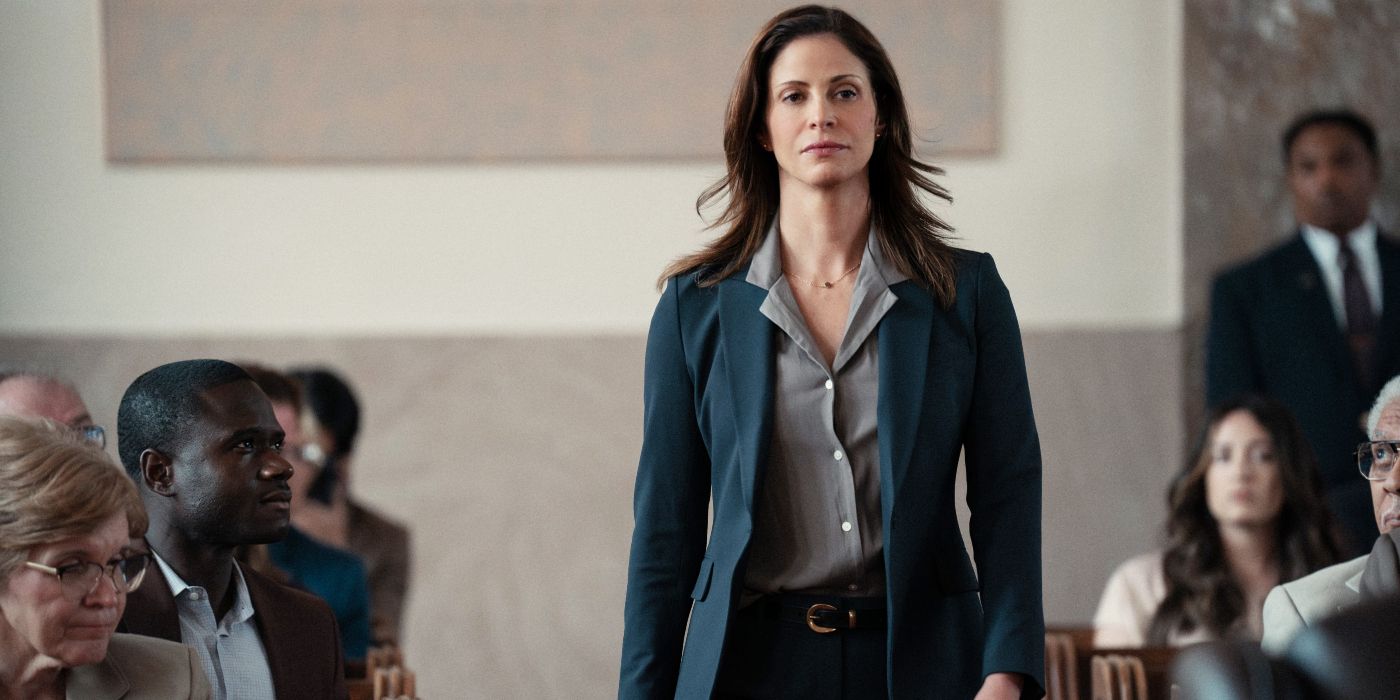

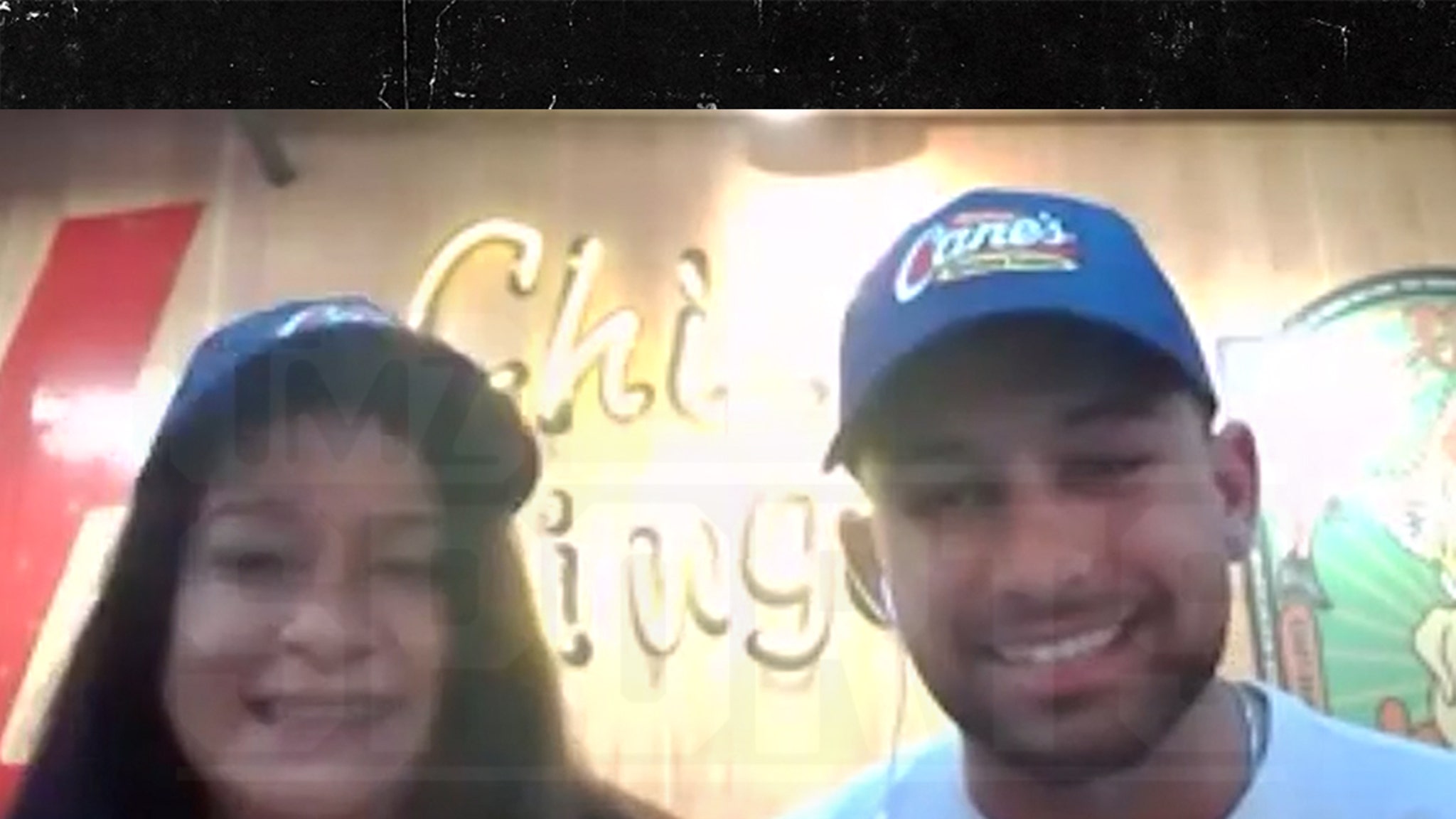




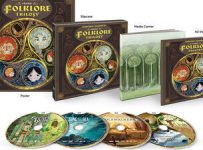

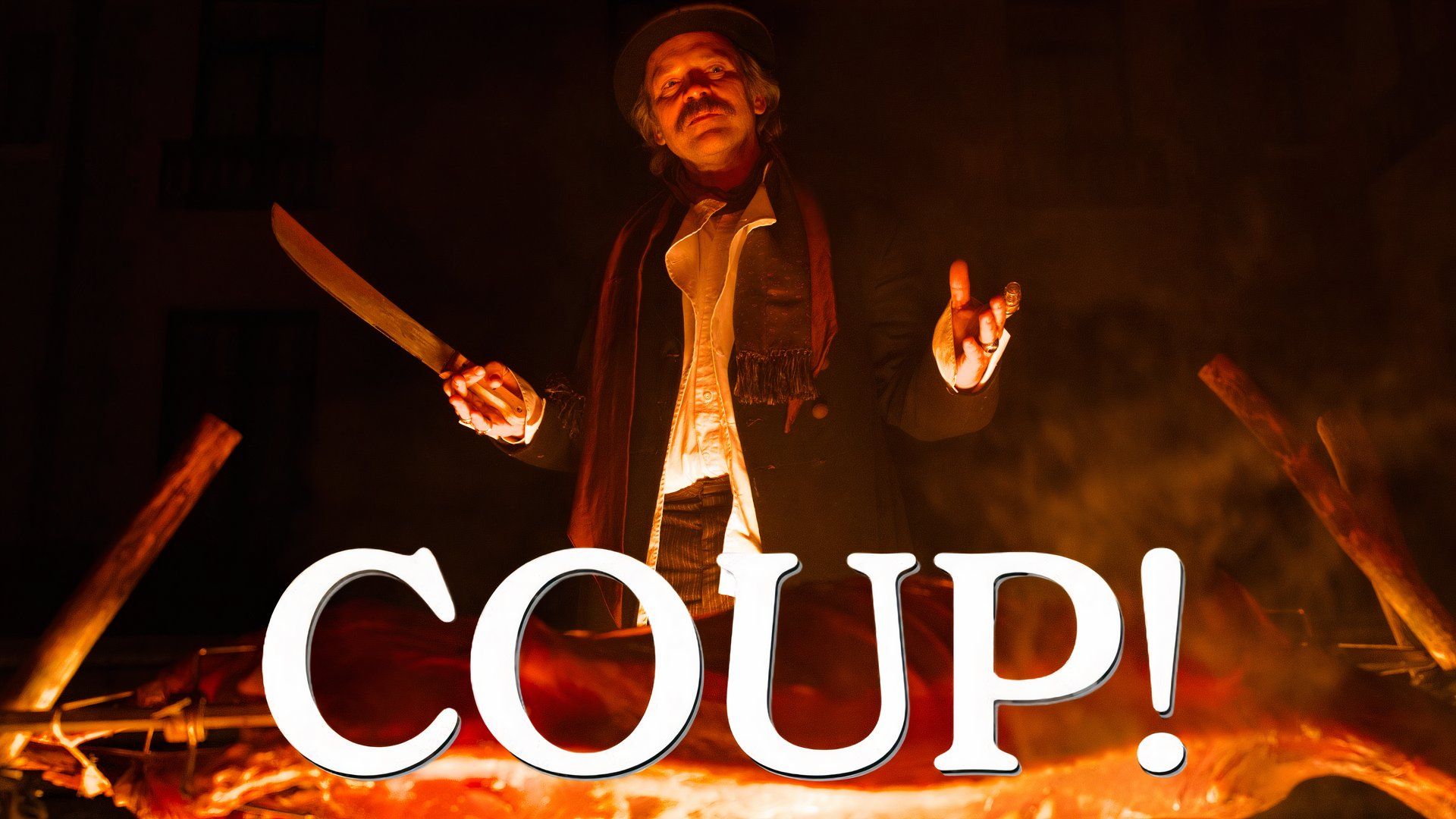
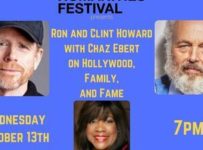

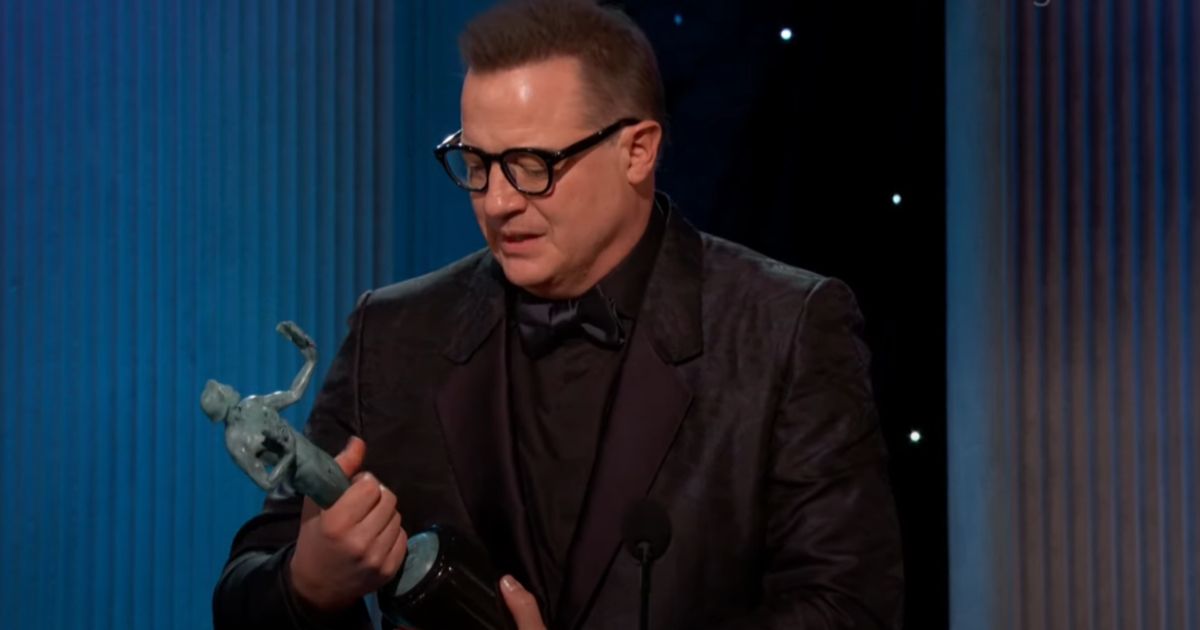
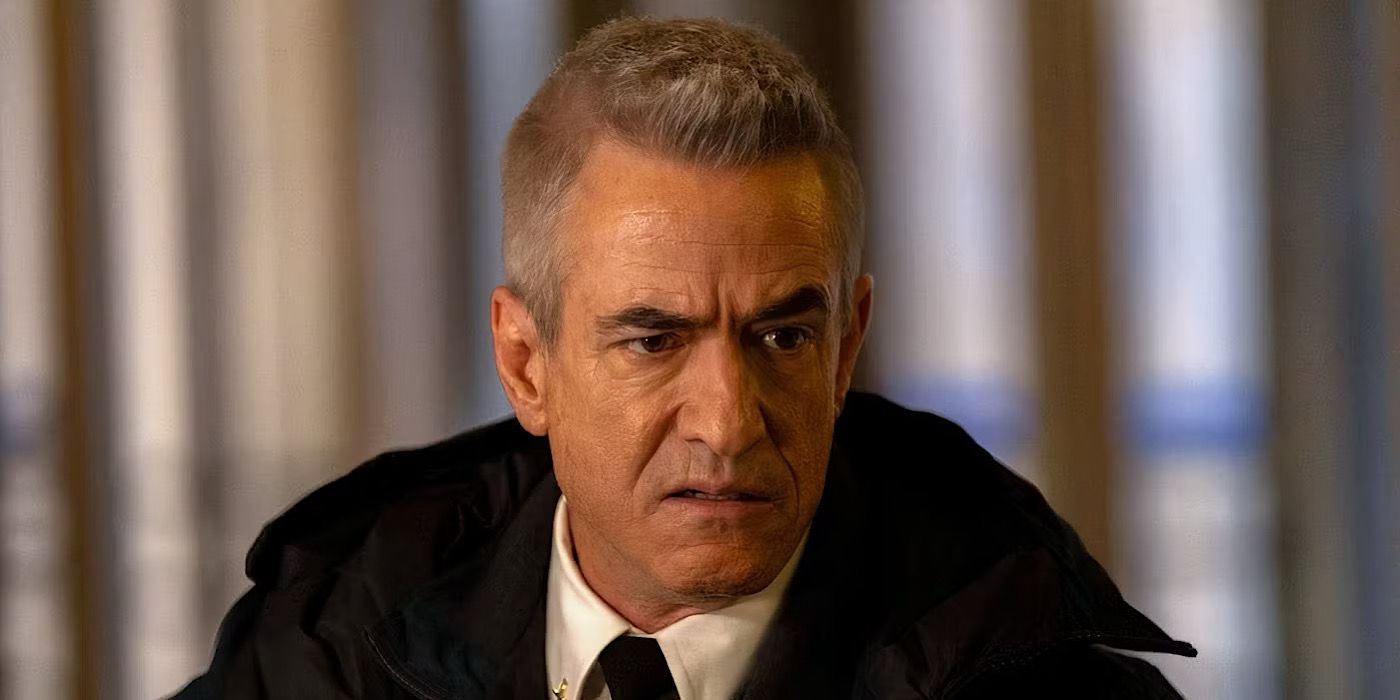

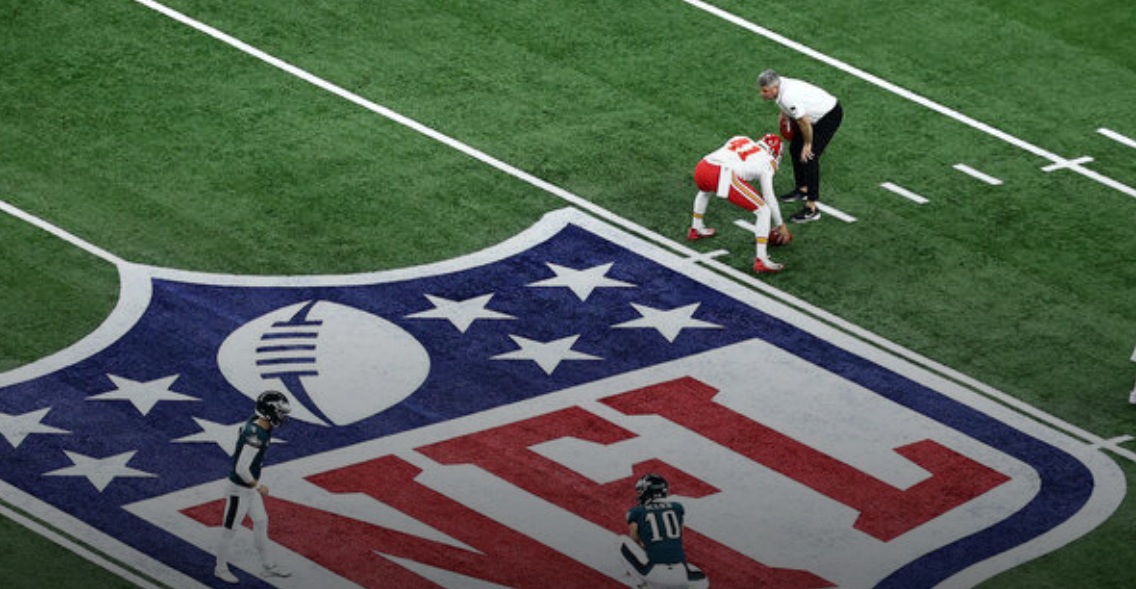
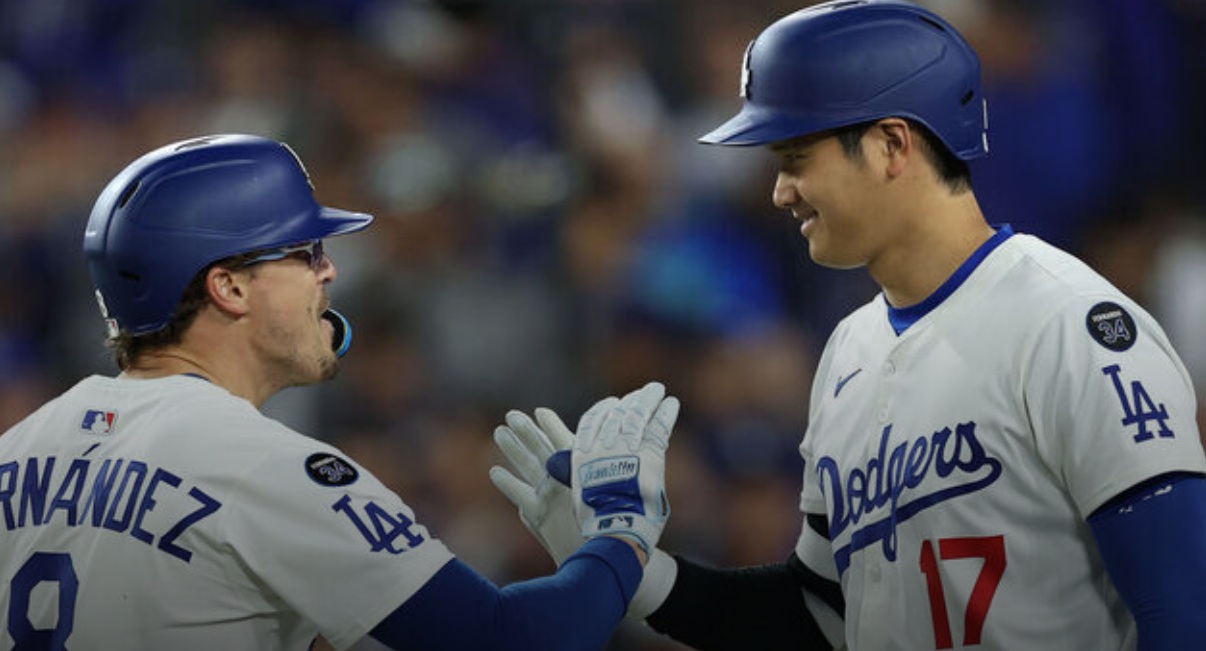
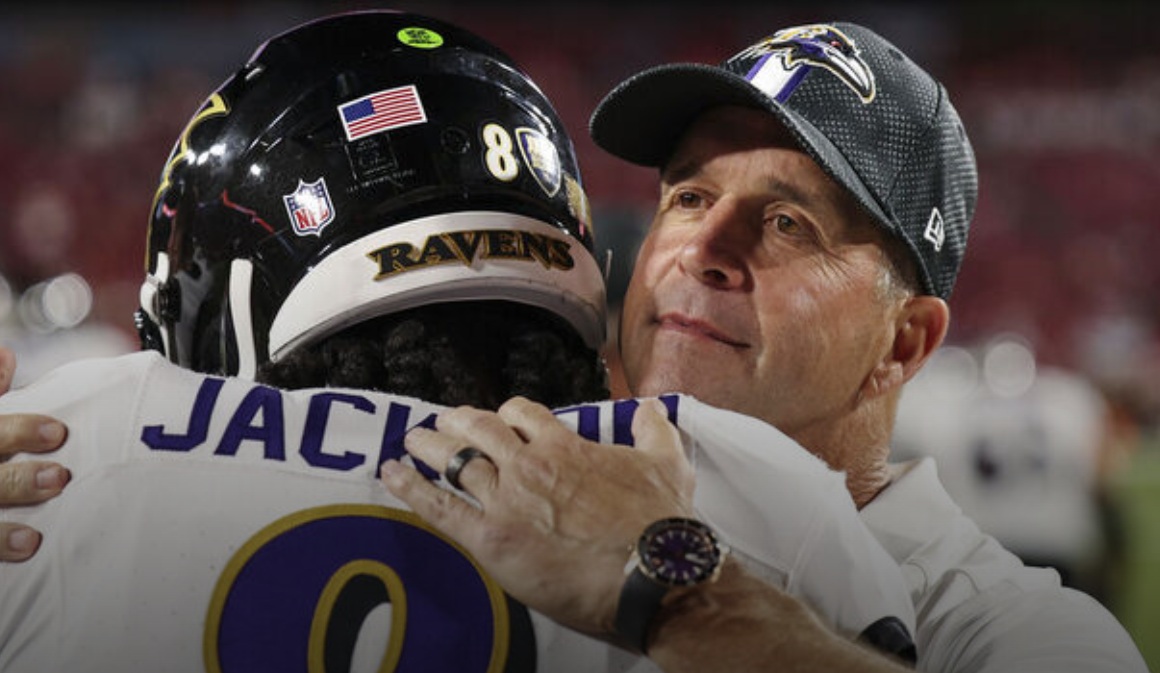
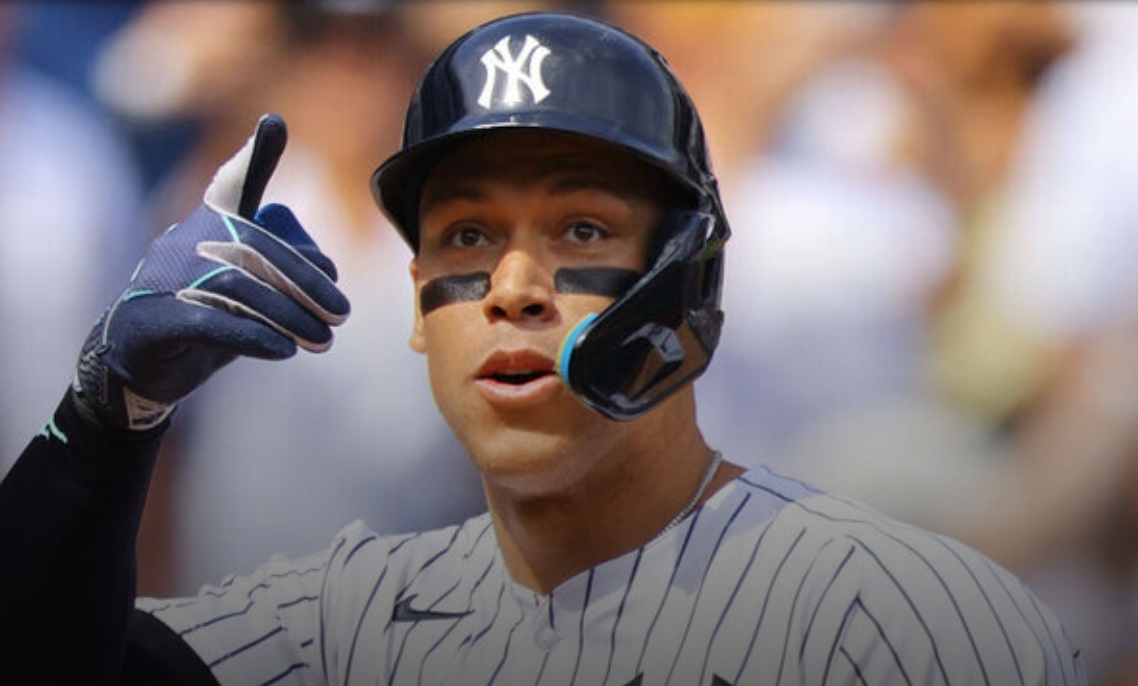


:quality(85):upscale()/2025/04/01/828/n/1922564/9432574867ec361a713285.06370027_.jpg)

